NSW election: Kogarah, Epping voters split on Liberals’ ‘superannuation for kids’ policy
Sydney voters were split on, or even unaware of, the Liberals’ ‘superannuation for kids’ policy announced on Sunday, with one calling it a “knee-jerk reaction”. See what they said.
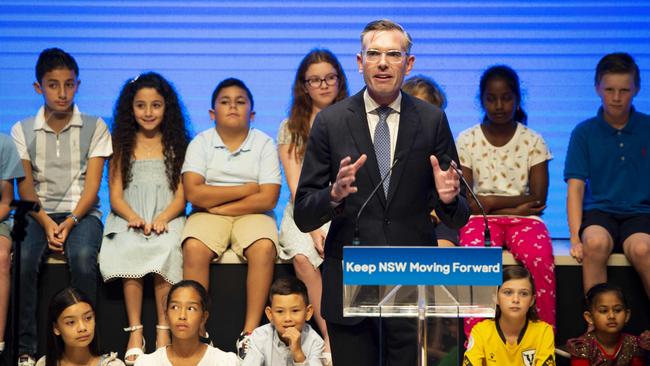
St George Shire Standard
Don't miss out on the headlines from St George Shire Standard. Followed categories will be added to My News.
Sydney voters were divided over – and in some cases unaware of – the Liberals’ ‘superannuation for kids’ policy announced by Premier Dominic Perrottet on Sunday, with one calling it a “knee-jerk reaction” while another said it had “positives”.
Under the scheme, every child under the age of 10 would have the option of a treasury-managed savings fund – with a seven per cent interest rate – where a re-elected coalition government would deposit $400 initially and match parent contributions up to $400 every year thereafter, until the child turned 18.
After the first year, the scheme would extend to every newborn.
However, the flagship announcement failed to cut through to voters in the seats of the two major party leaders: Mr Perrottet’s electorate of Epping and Labor leader Chris Minns’ seat of Kogarah.
Well over half of those canvassed on Monday at both electorates weren’t aware of the policy while many were split on its merits.
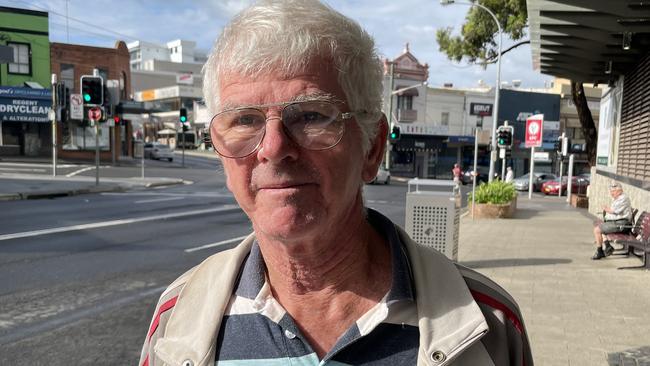
“I’m not convinced it’ll be good for the whole of society,” Kogarah voter Ivor MacDonald said.
“It seems like a knee-jerk reaction, there’s other issues the government needs to be focusing on and fixing first.”
The government claimed the policy would add up to $28,500 by the time a child turned 18, if parents put in $400 a year, or up to $49,000 with parental contributions of $1000.
At the age of 18 it would be accessible to spend on education or to put towards a house, the premier said.
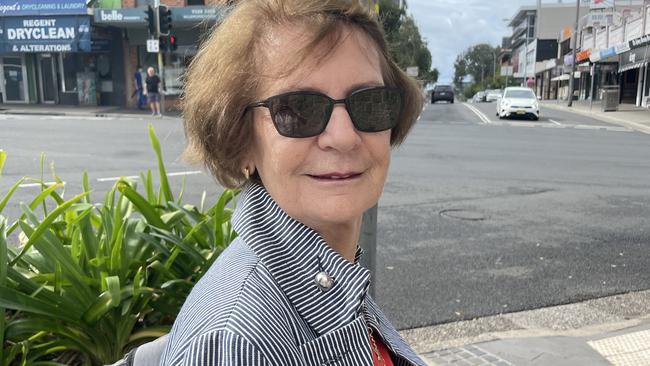
Kogarah voter Pattie Allen, however, questioned whether letting 18-year-olds run riot with potentially $20,000 was a wise move.
“Are most 18-year-olds capable of making prudent financial decisions with that amount of money,” she asked.
“I’m not sure most are capable of that responsibility.”
Resident Michael Derridge said although he thought it was a “good policy” he had reservations.
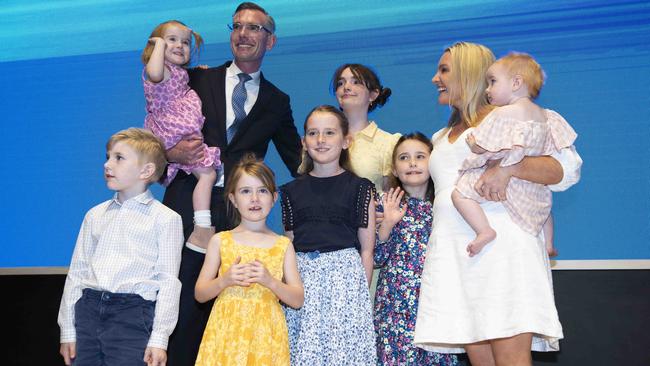
“There’s always a catch somewhere,” he said.
Asked whether it could change his voting intention, Mr Derridge said no.
“I think you need more than one good policy, and they (the state government) have stuffed up too much elsewhere,” he said.
There was support, however, for the policy, particularly among parents.
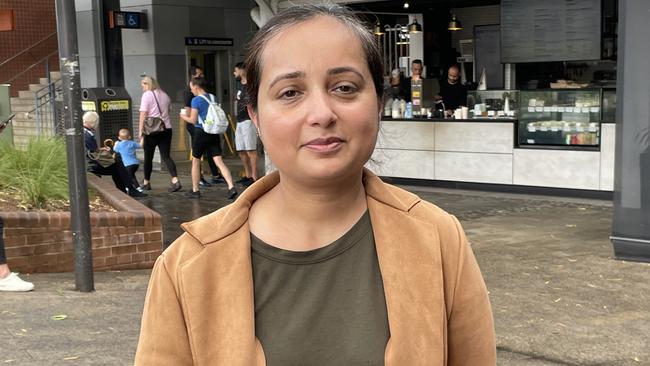
“I think you have to look at the positives of it, I think it’s a good announcement,” Maliha Fayyaz, who has an 11 and seven-year-old, said.
However, she didn’t believe it would alter who she planned to vote for and queried whether most parents could contribute a lot to the fund, “given everything is so expensive now”, she said.
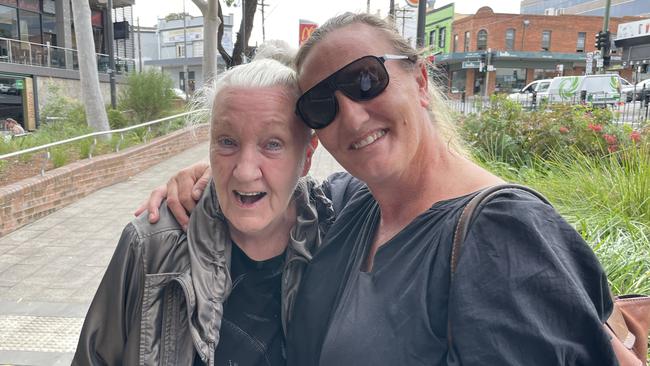
Mother and daughter Patricia and Natalie Farmer both questioned where the money may come from – “I’m not sure the government has the money”, Patricia said – but welcomed the proposed policy.
“I think it’s really needed,” Natalie said, who has a 10 and seven-year-old.
“Our children and their generation I think could really suffer in the future, with a lack of jobs and housing challenges.
“I don’t come from a massively privileged family and I’m worried about my own children’s future. So, if the government’s being honest and promises the money won’t be touched, I think it’s a good move.”
News tip? Email alexi.demetriadi@news.com.au





